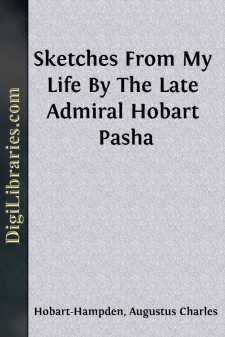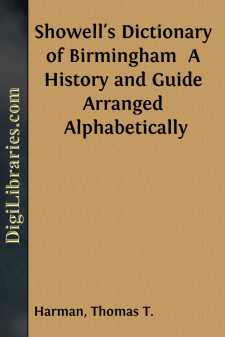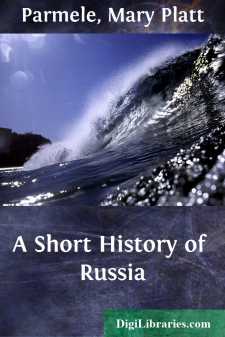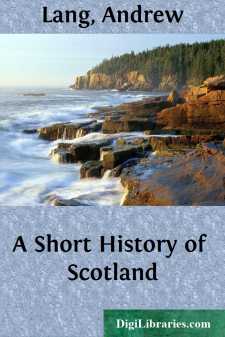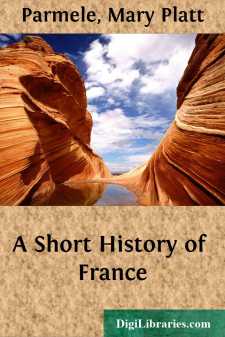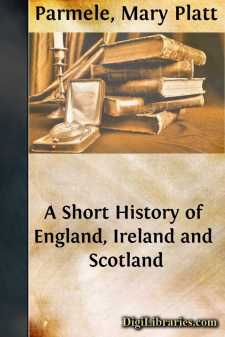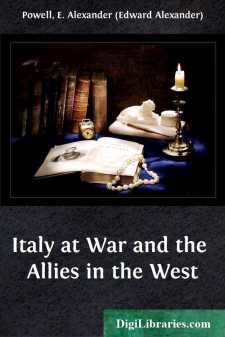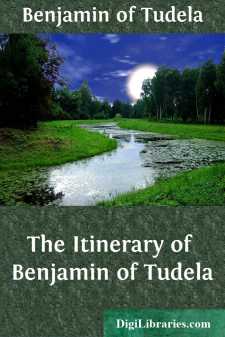History
- Africa 30
- Americas (North Central South West Indies) 50
- Ancient 68
- Asia 58
- Australia & New Zealand 8
- Canada 41
- Caribbean & West Indies 1
- Civilization 20
- Eastern Europe 12
- Europe 310
- Expeditions & Discoveries 60
- General 77
- Historical Geography 1
- Jewish 9
- Latin America 3
- Medieval 8
- Middle East 13
- Military 248
- Revolutionary 8
- Study & Teaching 5
- United States 353
- Western Europe 56
- World 13
History Books
Sort by:
CHAPTER I. A ROUGH START IN LIFE. To attempt to write and publish sketches of my somewhat eventful career is an act that, I fear, entails the risk of making enemies of some with whom I have come in contact. But I have arrived at that time of life when, while respecting, as I do, public opinion, I have hardened somewhat into indifference of censure. I will, however, endeavour to write as far as lies in...
more...
by:
Thomas T. Harman
SHOWELL'S NOTES OF BIRMINGHAM IN THE PAST. Birmingham to the Seventh Century.—We have no record or traces whatever of there being inhabitants in this neighbourhood, though there can be little doubt that in the time of the invasion of the Romans some British strongholds were within a few miles of the place, sundry remains having been found to show that many battles had been fought near here. If...
more...
CHAPTER I The topography of a country is to some extent a prophecy of its future. Had there been no Mississippi coursing for three thousand miles through the North American Continent, no Ohio and Missouri bisecting it from east to west, no great inland seas indenting and watering it, no fertile prairies stretching across its vast areas, how different would have been the history of our own land. Russia...
more...
by:
Andrew Lang
CHAPTER I. SCOTLAND AND THE ROMANS. If we could see in a magic mirror the country now called Scotland as it was when the Romans under Agricola (81 A.D.) crossed the Border, we should recognise little but the familiar hills and mountains. The rivers, in the plains, overflowed their present banks; dense forests of oak and pine, haunted by great red deer, elks, and boars, covered land that has long...
more...
CHAPTER I. One of the greatest achievements of modern research is the discovery of a key by which we may determine the kinship of nations. What we used to conjecture, we now know. An identity in the structural form of language establishes with scientific certitude that however diverse their character and civilizations, Russian, German, Englishman, Frenchman, Spaniard, are all but branches from the same...
more...
CHAPTER I The remotest fact in the history of England is written in her rocks. Geology tells us of a time when no sea flowed between Dover and Calais, while an unbroken continent extended from the Mediterranean to the Orkneys. Huge mounds of rough stones called Cromlechs, have yielded up still another secret. Before the coming of the Keltic-Aryans, there dwelt there two successive races, whose story is...
more...
by:
Henry R. Plomer
EDITOR'S PREFACE hen Mr. Plomer consented at my request to write a short history of English printing which should stop neither at the end of the fifteenth century, nor at the end of the sixteenth century, nor at 1640, but should come down, as best it could, to our own day, we were not without apprehensions that the task might prove one of some difficulty. How difficult it would be we had certainly...
more...
THE WAY TO THE WAR When I told my friends that I was going to the Italian front they smiled disdainfully. "You will only be wasting your time," one of them warned me. "There isn't anything doing there," said another. And when I came back they greeted me with "You didn't see much, did you?" and "What are the Italians doing, anyway?" If I had time I told them...
more...
INTRODUCTION I. ISLAM IN THE MIDDLE AGES. The Itinerary of Benjamin of Tudela throws a flashlight upon one of the most interesting stages in the development of nations. The history of the civilized world from the downfall of the Roman Empire to the present day may be summarized as the struggle between Cross and Crescent. This struggle is characterized by a persistent ebb and flow. Mohammed in 622 A.D....
more...
by:
Sidney Lee
I I Without "the living comment and interpretation of the theatre," Shakespeare's work is, for the rank and file of mankind, "a deep well without a wheel or a windlass." It is true that the whole of the spiritual treasures which Shakespeare's dramas hoard will never be disclosed to the mere playgoer, but "a large, a very large, proportion of that indefinite all" may be...
more...


